Music Keyboards: Starter Models
Music keyboards are electronic marvels of technology. They have the brains of sophisticated computers and the bodies of good old fashioned pianos. Music keyboards range in price and complexity from miniscule to monstrous. Beginners often get overwhelmed by techno speak and musical jargon.
“Music keyboard” is something of an umbrella term. Most people think of electronic/digital pianos. It may also refer to a simple, low-end sampler or a sophisticated synthesizer.
Pianists should first decide what they hopes to accomplish with the purchase of a music keyboard. This will help narrow down the choices considerably. Advanced pianists who plan to perform, for example, have specific needs. They would differ considerably from those of a beginner who just needs something to practice on at home.
Basic music keyboards typically come with a few piano, organ and string sounds. Most have other special effects like reverb and features like built-in metronomes. Additionally, many modern keyboards, even modestly-priced ones, come with MIDI capability. Some may even have USB.
Sometimes it helps to think of buying a music keyboard like buying a new car. You may come in looking for a standard model. Once there you’ll likely be tempted to look at models with fancier features. Some intermediate keyboards offer features like the ability to record, hundreds of sounds, digital synthesizer effects, sequencers or flash memory. This is where the line between musical instrument and computer starts to become blurry.
Basic, entry level keyboards can range from $150 to $500. More sophisticated models can range into the thousands. It’s important to really evaluate your needs, since this is a significant investment.
Go back to the new car analogy. Make a list with two columns. The first column should be a list of features that you can’t live without. The second column should contain those features that would be nice to have, but only if the price is right.
The first column is your starting point. Don’t bother looking at models that don’t meet all of your absolute needs. Start with something that has all those features on that first column. Check out all of the major brands in the same class and compare prices.
Compare brand names too. Some brands historically perform better and produce higher quality sound than others. Those will likely be the more expensive brands. It may be worth paying a little extra for cleaner sound and a product that will last longer.
Next, check out models in the next class up. See which ones have some of those additional features that appeal to you. Lesser quality brands may have many of those “extra” features that you like in a price range that you can still afford. More expensive brand names may be out of your price range once you throw in extra options. Are you willing to sacrifice cleaner sound or a longer lasting product to get some of those extra features?
It’s ideal to shop for your starter music keyboard at a music store rather than a department store. Music stores have salespeople that are more knowledgeable about their products. They’ll be able to provide you with more personal and informed service. It’s usually worth doing this even if you have to pay a little bit more for your product.


